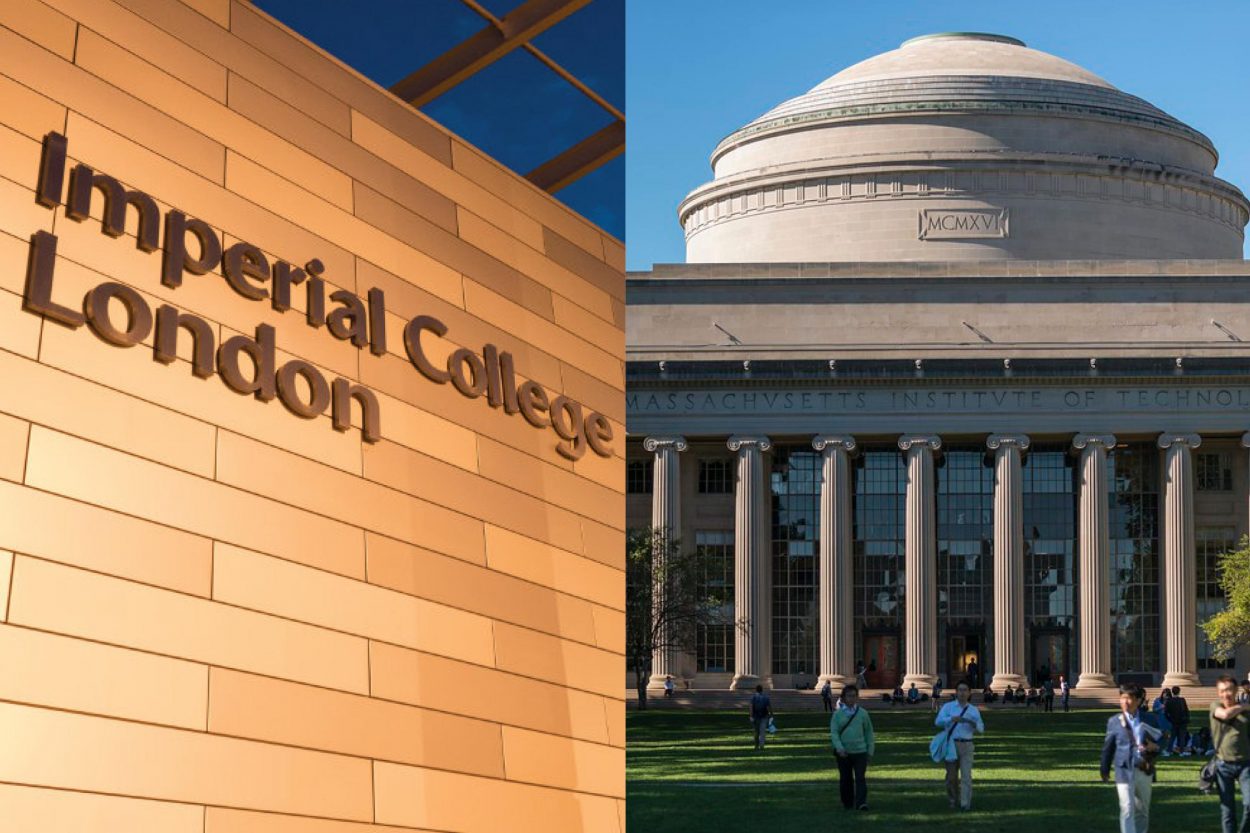“Global issues can only be solved with international collaboration and innovative ideas,” states Professor Maggie Dallman, vice president (international) at Imperial College London. “The MIT-Imperial College London Seed Fund provides a platform for scientists to do that.” The fund, managed by MIT International Science and Technology Initiatives (MISTI) on behalf of the associate provost for international activities, builds on an existing partnership, with an exciting new focus.
This year, the fund is calling on researchers at each institution to submit proposals that address climate solutions and zero pollution. The new theme reflects research priorities already underway at each institution, with Imperial’s Zero Pollution initiative seeking to create a future free from human pollution, and MIT’s Climate Grand Challenges focusing the research community’s efforts on breakthroughs in climate mitigation and adaptation.
“This seed fund marks an exciting new chapter in our collaboration with MIT and will enable our scientists to work more closely together to reduce the impact of pollution on the climate and people’s health,” Dallman says.
“The new focus of the MIT-Imperial seed fund on climate change and environmental sustainability reflects research priorities at both institutions,” says Associate Provost for International Activities and Japan Steel Industry Professor Richard Lester, who drives the fund at MIT. “The world’s leading research universities have a special responsibility to develop science-based solutions to these great challenges, and by working together on these problems, MIT and Imperial can reasonably hope to strengthen their combined impact.”
The UK has emerged as a leader in international efforts to tackle the climate crisis, and faculty at MIT are encouraged that this seed fund will provide more opportunity for experts at both institutions to collaborate on innovative solutions to meet the defining challenge of our age. “The UK was the first major economy to pass binding legislation to meet the ‘net zero’ commitment by 2050,” says MIT Sloan School of Management Professor Fiona Murray, a member of the UK Prime Minister’s Council for Science and Technology (CST) and also co-director of the MIT-UK program at MISTI. “Achieving that goal will require major advances in science, technology, and business practices: To that end, this year’s focus of the MIT-Imperial seed fund to bring their faculty and researchers together is a welcome contribution.”
“The fund’s new focus on climate change is fundamentally important,” agrees Phil Budden, senior lecturer at MIT Sloan and co-director of the MIT-UK program. “Not least as the UK will host the UN’s 26th ‘Conference of the Parties’ (COP26) in Glasgow, in November next year. Collaborations over this academic year — like those seeded by the MIT-Imperial fund — could help shape the way the world comes together at ‘COP26’ for the first ‘global stock-take’ since Paris in 2015, and beyond.”
Professor Mary Ryan, vice dean (research) of the faculty of engineering, and lead of Imperial’s Transition to Zero Pollution program, is also enthusiastic about the possibilities. “If we are to find meaningful solutions to climate change and build a sustainable future, we need to think about how to address pollution at its source and understand the impact of it in the whole life cycle,” says Ryan. “This seed fund will accelerate research in areas such as the way materials are used in manufacturing, how we produce food and energy, and ways to mitigate the impact of air pollution on people’s health.”
Since its launch in 2015, the MIT-Imperial Seed Fund has financed 15 early-stage projects, disbursing over $250,000 to support collaboration between MIT and Imperial faculty. The seed fund is part of a portfolio of collaborations between MIT and Imperial that are managed by the MIT-UK program at MISTI.
Other collaboration areas continue to strengthen links between students and faculty across the Atlantic, despite the pandemic. This summer’s undergraduate research exchange evolved into a virtual experience, with students in materials sciences connecting remotely with faculty at their partner institution to collaborate on Undergraduate Research Opportunity Program-style projects. Meanwhile, this year’s academic exchange has seen MIT (virtually) welcome five Imperial students this fall.
MIT electrical engineering and computer science senior Sharon Lin, who spent fall 2019 at Imperial as part of the academic exchange, is keen to point out the benefits of studying abroad at another world-class institution. “I had a transformative semester at Imperial College London. I was so inspired by the professors and students I met, who were all working on technical challenges with global impact. The breadth of opportunities for students — from hands-on work at Imperial’s cutting-edge lab spaces to travel opportunities throughout Europe — was incredible.”
The MIT-Imperial College London Seed Fund is a part of MISTI Global Seed Funds (GSF). The call for proposals is open through Dec. 14. All general GSF criteria, application, and evaluation procedures apply.
